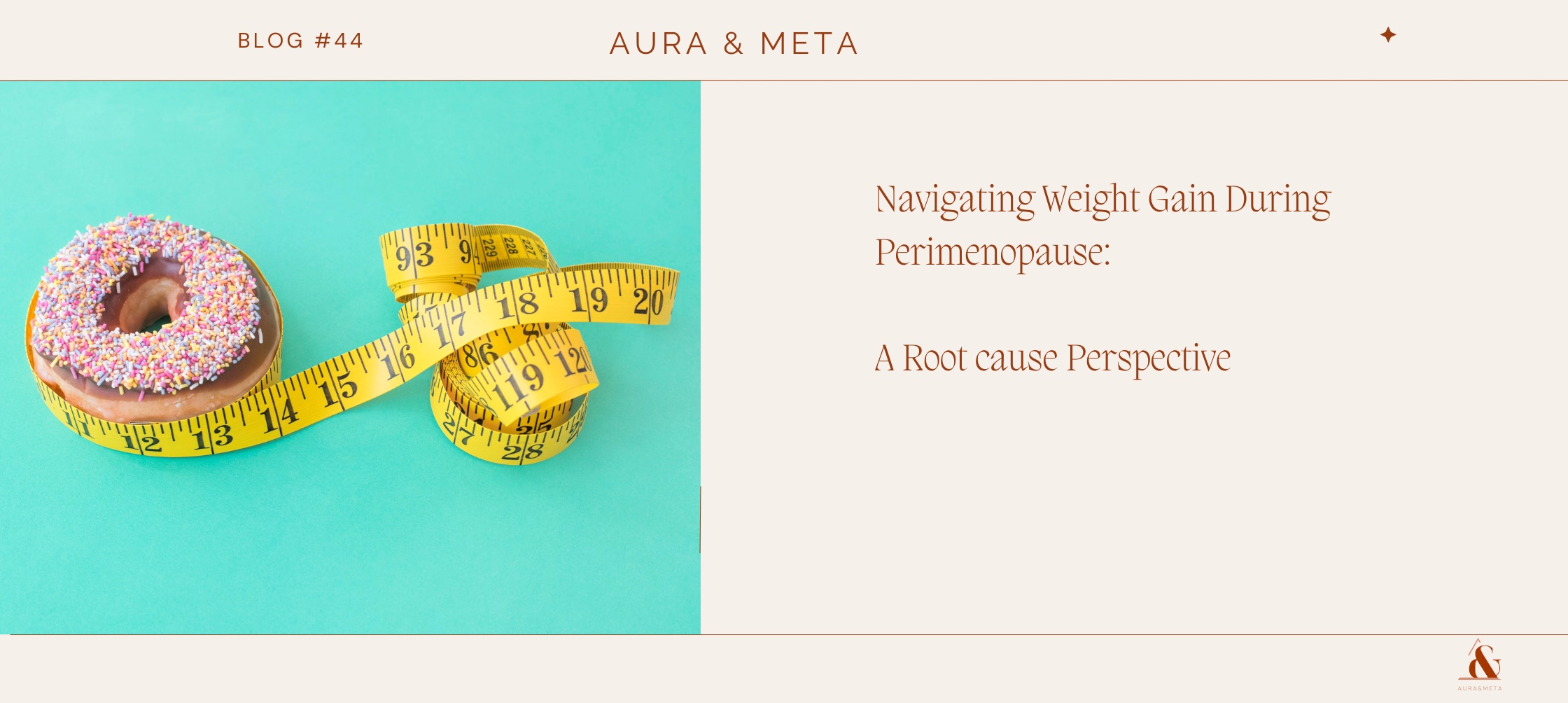As women transition through perimenopause, they often experience changes in hormone levels that impact various aspects of health, including energy levels, metabolism, and weight. As a nutritional therapist specializing in functional medicine, I work with women over 40 to help them regain their energy and manage weight gain, which is a common symptom during this phase.
The Role of Hormones in Weight Management
Oestrogen and Its Multifaceted Role
Oestrogen is a key hormone in a woman’s body, playing a significant role in regulating energy, metabolism, and fat distribution. During perimenopause, oestrogen levels fluctuate and eventually decline, leading to noticeable changes. One of the primary functions of oestrogen is to help maintain subcutaneous fat, which is stored under the skin and distributed across the body. As oestrogen levels drop, women may experience a reduction in subcutaneous fat and an increase in visceral fat, which accumulates around the abdomen.
Appetite Regulation and Oestrogen
Oestrogen also influences appetite regulation. It acts on the hypothalamus, a brain region responsible for controlling appetite, energy expenditure, and body weight homeostasis. As oestrogen levels fall, the hypothalamus’s ability to regulate these processes can be compromised. This disruption can lead to increased appetite and difficulty maintaining a stable weight. Additionally, the risk of blood sugar dysregulation, insulin resistance, and metabolic syndrome increases during perimenopause, further complicating weight management.
The Importance of Functional Testing: The DUTCH Test
To effectively manage these changes, understanding the root cause of symptoms is crucial. The DUTCH (Dried Urine Test for Comprehensive Hormones) test is a valuable tool in functional medicine. This advanced test provides a comprehensive analysis of hormone levels, including oestrogen, progesterone, cortisol, and their metabolites. By assessing how these hormones are metabolized in the body, the DUTCH test helps identify imbalances that may contribute to symptoms such as weight gain, fatigue, and mood changes.
Through this detailed hormone assessment, we can tailor personalized treatment plans that address the specific hormonal imbalances affecting each woman. This approach not only helps manage symptoms but also supports overall well-being.
Nutritional Strategies for Balancing Hormones
Diet plays a pivotal role in managing hormonal changes and supporting metabolic health during perimenopause. Here are some key dietary recommendations:
- Phytoestrogen-Rich Foods: Foods like flaxseeds, soy, and legumes contain phytoestrogens, which can mimic the effects of oestrogen in the body and help alleviate some symptoms of oestrogen decline.
- Healthy Fats: Incorporating omega-3 fatty acids found in fatty fish, flaxseeds, and walnuts can help reduce inflammation and support hormone production.
- Fiber-Rich Foods: A diet high in fiber from vegetables, fruits, whole grains, and legumes supports digestive health and helps regulate blood sugar levels, reducing the risk of insulin resistance.
- Cruciferous Vegetables: Vegetables like broccoli, kale, and Brussels sprouts contain compounds that support liver detoxification and oestrogen metabolism.
- Antioxidant-Rich Foods: Berries, nuts, and green leafy vegetables are rich in antioxidants, which help combat oxidative stress and support overall health.
Navigating weight gain during perimenopause can be challenging, but understanding the hormonal changes and employing targeted strategies can make a significant difference. By leveraging functional testing like the DUTCH test and adopting a balanced, nutrient-rich diet, women can manage symptoms more effectively and maintain their well-being. At Aurameta, we offer comprehensive support tailored to each woman’s unique needs, helping them thrive during this transitional phase.
For more information on how we can support you through perimenopause, visit our services page or book a consultation. Let’s work together to restore balance and achieve optimal health.

